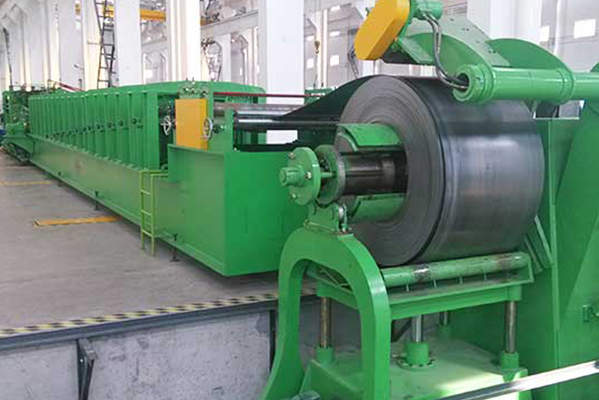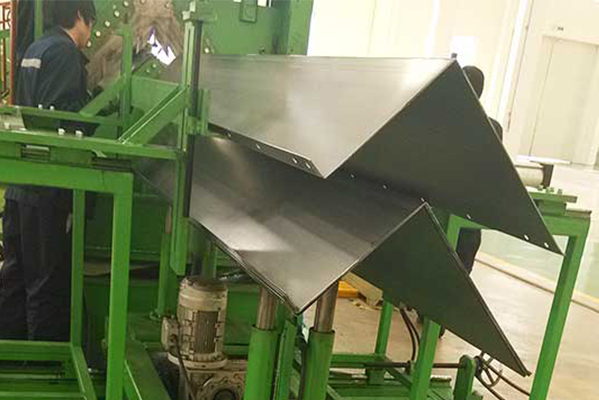Navigation Menu
Contact Us
- Email:
- info@wxavatar.com
- Address:
- Yurong Village, Yuqi Street, Huishan District, Wuxi, China.
Release Date:May 22, 2025 Visit:74 Source:Roll Forming Machine Factory
The manufacturing sector for storage solutions has seen significant advancements in recent years, particularly in the development of steel silo roll forming machines. These specialized machines play an important role in producing the curved panels needed for constructing durable steel silos used across various industries. As market requirements become more sophisticated, manufacturers of roll forming equipment continue to refine their technologies to deliver improved performance, reliability, and efficiency.

Enhanced Precision Engineering
Modern steel silo roll forming machines incorporate advanced precision engineering to meet tighter tolerances required by today's storage system manufacturers. Contemporary designs feature:
Improved roller tooling configurations that maintain consistent panel curvature
Computer-controlled adjustment systems for precise thickness management
Laser-guided alignment technologies that ensure uniform panel formation
Automated measurement systems that monitor product quality throughout production
These technological improvements allow for the production of silo panels with more consistent dimensions, which translates to easier assembly and better structural integrity in the final silo construction.
Increased Production Efficiency
Industry demands for higher output volumes have driven innovations in production speed and machine reliability. Recent developments include:
Quick-change tooling systems that reduce downtime between production runs
Multi-stage forming processes that complete more forming steps in a single pass
Integrated feeding systems that maintain continuous material flow
Advanced drive systems that provide smoother operation at higher speeds
Such enhancements enable manufacturers to meet growing market needs while maintaining product quality standards.
Material Handling Improvements
Today's steel silo roll forming machines handle a wider range of material types and thicknesses than previous generations. Key advancements include:
Adaptive control systems that automatically adjust for material variations
Reinforced frame designs that accommodate higher-strength steels
Improved guiding systems that prevent material deformation during processing
Tension control mechanisms that ensure consistent forming quality
These capabilities allow silo manufacturers to work with various steel grades while maintaining production efficiency.
Smart Technology Integration
The incorporation of smart technologies represents a significant evolution in roll forming machine capabilities:
Predictive maintenance systems that monitor component wear
Production tracking software for quality control and process optimization
Remote monitoring options for technical support and troubleshooting
Data collection systems that analyze production metrics for continuous improvement
These intelligent features help reduce unplanned downtime and improve overall equipment effectiveness.
Safety and Operator Interface Upgrades
Modern steel silo roll forming machines prioritize operator safety and ease of use through:
Enhanced guarding systems with integrated safety interlocks
Touchscreen control panels with intuitive operation interfaces
Ergonomic designs that improve accessibility for maintenance
Visual alert systems for immediate status communication
Such improvements contribute to safer work environments while increasing productivity.

Conclusion
The evolution of steel silo roll forming machines demonstrates the industry's response to changing market requirements. Through continuous technological advancement, equipment manufacturers are delivering solutions that offer improved precision, efficiency, and operational intelligence. These developments support silo manufacturers in meeting their customers' needs for high-quality storage solutions while maintaining competitive production capabilities. As industry demands continue to evolve, we can expect further refinements in roll forming technology to address emerging challenges and opportunities in steel silo manufacturing.